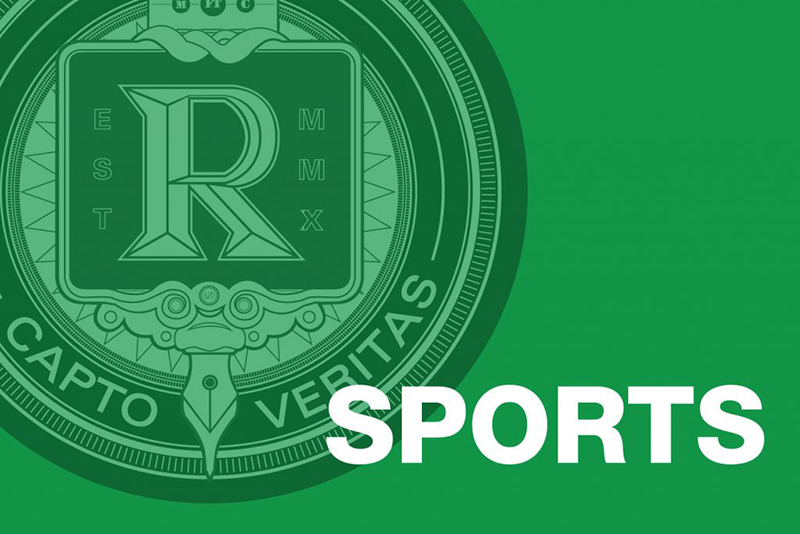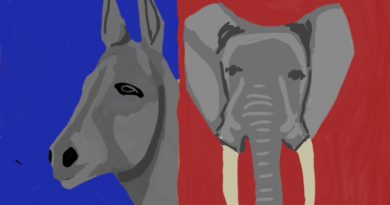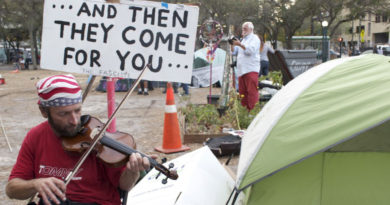The NBA’s Morals Shouldn’t Be For Sale
The National Basketball Association played its first game on Chinese soil in 1979. Since then, they have played more than 20 games there. That has led basketball to become one of the most popular sports in China.
Today, China makes up 10 percent of the league’s revenue. The rise in popularity of the NBA in the country has led to various high profile basketball stars such as former Miami Heat guard Dwyane Wade, and Golden State star Klay Thompson signing lucrative sneaker deals with Chinese companies.
Many would argue that the NBA has a larger market in China than in the United States. Game six of last year’s NBA finals drew 21 million viewers in China, while 18.3 million tuned in from the U.S.
But all of this love for the NBA in China was put to a test when Houston Rockets general manager Daryl Morey sent out a since deleted tweet supporting those protesting China’s growing presence in Hong Kong.
The tweet immediately garnered the attention of the Chinese government and millions of Chinese fans following the Rockets, the team that drafted Yao Ming in 2002.
Soon after the tweet, the Chinese government and several companies responded by cutting ties with the Rockets. Tencent, a Chinese broadcasting company, announced they would no longer broadcast Rockets games, and the team’s merchandise was pulled from stores. The Chinese government also expressed their desire for Morey to be removed from his position.
National Basketball Association commissioner, Adam Silver responded by issuing a statement stressing that Morey’s comments do “not represent the Rockets or the NBA.” The statement continued on to say, “We will protect our employees’ freedom of speech.” Since then, the league said that Morey will not be punished for his comments.
Silver’s comments were perceived by some as too neutral and drew significant backlash from media outlets, and politicians from both parties. Ted Cruz, a U.S. senator, and known Rockets fan, expressed his disappointment. In a tweet, Cruz stated: “We’re better than this; human rights shouldn’t be for sale and the NBA shouldn’t be assisting Chinese communist censorship.”
The media’s intense coverage of the issue did not end there. In fact, it only intensified because the Los Angeles Lakers and Brooklyn Nets were preparing to play two games in Shanghai, a couple of days before Morey’s initial tweet. Banners advertising the games were taken down all over Shanghai, and players were hesitant to answer questions about the situation. Players from the Lakers and Nets met with Adam Silver to discuss how to handle the situation. Rachel Nichols of ESPN reported the meeting was “tense” and that “several prominent players voiced frustration about their perception that they were being put in the middle of the dispute between the NBA and China.”
Most expected the Shanghai games to be cancelled, but the NBA went on with the games. The Lakers and Nets are now back in the U.S., but the situation is far from over. China and the NBA are at a standoff, and nobody really knows what is going to happen.
I believe American athletes and sports should represent our most precious values: freedom, opportunity, and comadery. No amount of money should be prioritized over these values.




